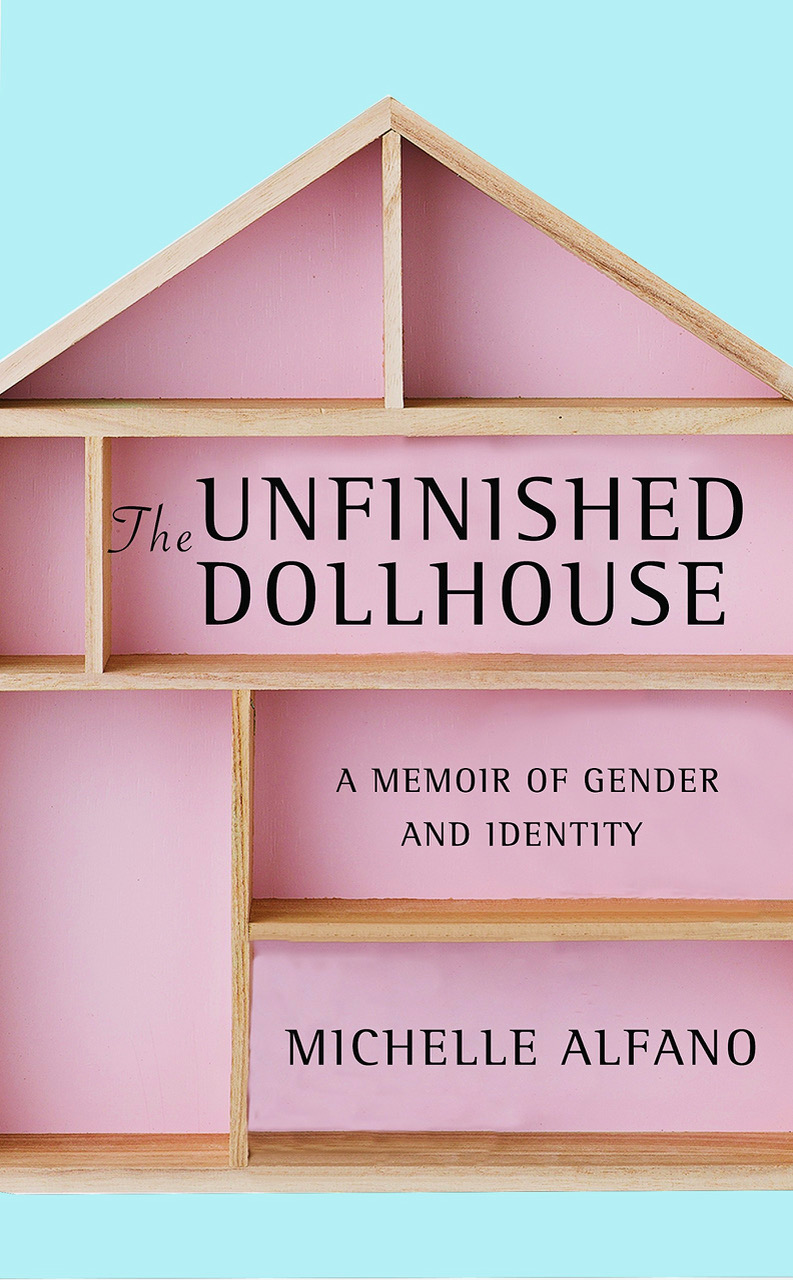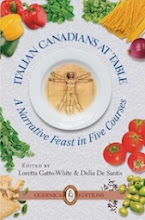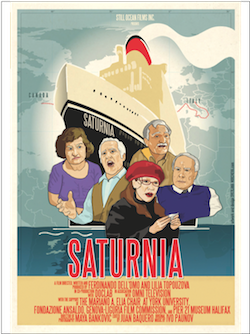 The Assassination of Jesse James by the Coward Bob Ford by Ron Hansen (1983 - reissued First Harper Perennial, 2007) 304 pp.
The Assassination of Jesse James by the Coward Bob Ford by Ron Hansen (1983 - reissued First Harper Perennial, 2007) 304 pp.As a girl, my parents sometimes played a record (yes indeed, that ancient precursor to CDs) which sang of the exploits of Giuliano. The album cover featured various scenes from his life. I only had a vague interest in him then but this grew and became a sort of small obsession as an adult. I find that I am not alone in this mania. The powerful imagery and mythology of the outlaw lives on in books, film, song and life especially if the outlaw is favoured with cinematic good looks like my fellow countryman Giuliano (pictured to the left here above).
Although James' death is separated from Giuliano's birth by exactly 40 years and an ocean, both were famous outlaws and killers whose celebrity lives on to this day. Jesse James' reign began in the 1870s of Midwestern America and Giuliano in the early 1940s in Sicily.
Handsome and vain, heroic and ruthlessly devoted to their own mercenary and/or political causes, they were beloved by the people of the rural areas where they were raised (James in Missouri, Giuliano in the village of Montelepre in Western Sicily). Despite their many murders (seventeen for James versus almost 100 for Giuliano) and robberies, they were both equally known for their generosity to the poor and often referred to as sorts of Robin Hoods. Anecdotes, newspaper accounts, folk tales and songs abound about the good they did, the poor they assisted, and how dashing they were.
Ron Hansen's grandfather claimed that as a 13 year old boy, Jesse James had watered his horses near the family homestead in Iowa. I had heard similar stories growing up about a woman my mother knew who had claimed that she had danced with Giuliano (my mother was 15 when Giuliano was murdered in 1950, two years later she immigrated to Canada). He was to her, and still is I believe, a figure of glamour and mystery.
Mention the name Giuliano to any Sicilian or Mezzogiorno Italian with a sense of their own history and their eyes light up. He is not primarily remembered for his hand in the ruthless gunning down of a dozen or so Communist sympathizers (among them women and children) at la Portella della Ginestra in May 1947 (his role was murky and often contested by his defenders) but for his supposed gallantry, kindness and regard for the poor.
Their outlawry began with acts of rebellion against the state: James, as a teenager, engaged in guerrilla warfare against Union soldiers of the North during the American Civil War. Giuliano shot a carabiniero (military policeman) who had tried to arrest him for carrying food that was above the war rations that the Sicilian people were allotted during WWII. Rather than give himself up, Giuliano soon became an outlaw and a separatist agitating against the Italian government for independence from Italy. They were both proud, impoverished Southerners at war against perceived oppressors from the North.
The men had intense, highly charged relationships with family members. They weren't anti-social loners or people who survived easily without the support and love of those closest to them. Jesse, by many accounts, was a devoted husband to his wife Zerelda Mimms James (known as Zee) and a loving father to his two children Mary and Jesse. His brother Frank James, with whom he frequently feuded, was also in the James gang.
Although, he never married and was never definitively connected romantically to any woman, Giuliano was completely devoted to his parents and sisters who suffered a great deal under the heel of the Italian government. His cousin Gaspare Pisciotta, his first cousin and future executioner, was also a gang member.
According to Hansen's book, a book of fiction based on historical fact, Jesse James took delight in robbing Easterners during his numerous train robberies. Giuliano, too, was pleased to outwit and steal from the Northerners who had been summoned to tame and destroy the Sicilian rebel. Both often sent notes to the newspapers vehemently protesting their innocence.
They mingled with, and often charmed, complete strangers leaving them mischievous notes indicating that they had just spoken to a famous outlaw. Or they left notes on the bodies of those that they had killed with messages of warning about the consequences of treachery.
They endured the constant persecution of their families. Giuliano's parents and sisters were incarcerated and harassed for years by the carabinieri while American law enforcement officials firebombed the home of Jesse James' mother and stepfather causing the death of James' nine year old step-brother and a serious injury to the hand of his mother who had to have it amputated.
Both men were murdered by close associates: James, by a gang member whom he had welcomed into his home and, Giuliano, by his cousin and fellow gang member. Their killers, respectively Bob Ford and Gaspare Pisciotta, suffered painful deaths in retribution for their treachery and their part in the assassinations. Ford was shot and killed in the bar that he owned in 1890; Pisciotta was poisoned in prison awaiting trial in 1954. As they say, live by the sword ...
Remarkably, even though both were acknowledged killers and criminals, their deaths were mourned nationally, almost hysterically. The assassins were villified and threatened until they too were murdered in retribution.
The men were each displayed and photographed in death like trophies on a wall by the authorities. Jesse's death portrait was posted in the newspapers. This film still from the film Salvatore Giuliano (1962) faithfully depicts the press photograph that was taken of the scene at Giuliano's death and the tumult of media attention it received.
Idolized and venerated in death by the "common" people, they would come to name their children after both for generations to come. My cousin's nephew is graced with both names "Jesse" and "James". Today, meet a Giuliano and he is likely a Sicilian or Southerner with parents who can regale you with stories about his namesake.
I abhor violence and am mostly horrified by its depiction in all forms. The collective deeds of James and Giuliano, when itemized, sicken me as I read their biographies, and yet, and yet ... is it their youth (James was 35, Giuliano 27 when he died), or is their beauty, which makes me turn a blind eye, which draws me to them?
In the 1990s, the image of the bandit Giuliano kept creeping into my writing, mostly he would make a cameo appearance in short stories and later overtook me in a book length novel. While I was writing it, it did not immediately occur to me that I was so influenced by my interest in him that I likely named my daughter after him.
However, I very surely was.














